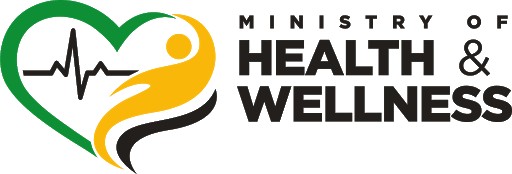What are Vaccines?
Vaccines are medical products that contain an active component (the antigen) that helps your body develop immunity to harmful germs that cause serious infections (vaccine-preventable diseases). Therefore, vaccines are tools for the prevention of infectious diseases, not treatment.
The Ministry of Health and Wellness is committed to safeguarding the health of all Jamaicans with a variety of vaccines available for both adults and children.


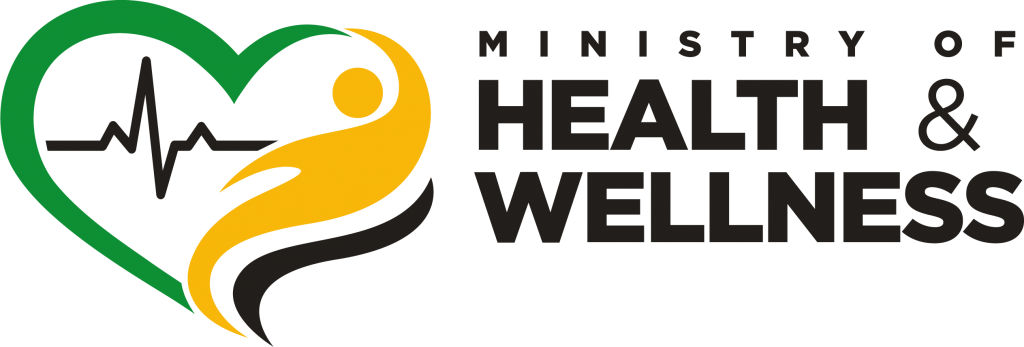
www.moh.gov.jm
888-ONE-LOVE (663-5683)
@themohwgovjm
What is a vaccine preventable disease?
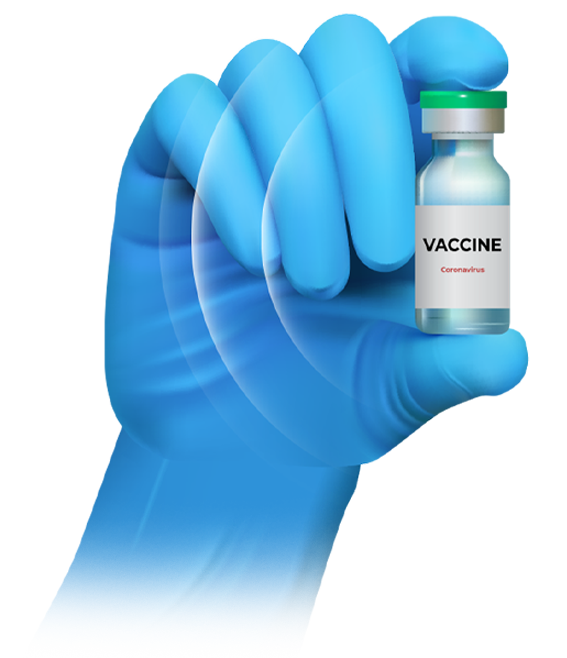
How do vaccines work?
Vaccines work with your body’s natural defense to build protection. When vaccinated, your immune system is able to:
- Recognize the invading germ ( e.g. virus or bacteria).
- Produce antibodies that fight and destroy the germ before you become unwell.

Vaccination

Facts to Remember
Your child isn’t fully vaccinated against a disease until after they get all recommended doses. The scheduled vaccines recommended are carefully timed to provide protection to children when they are most vulnerable to diseases, and when the vaccines will produce the strongest response from the child’s immune system. It is therefore very important to follow the national schedule, keep vaccination appointments and get vaccinated on time.
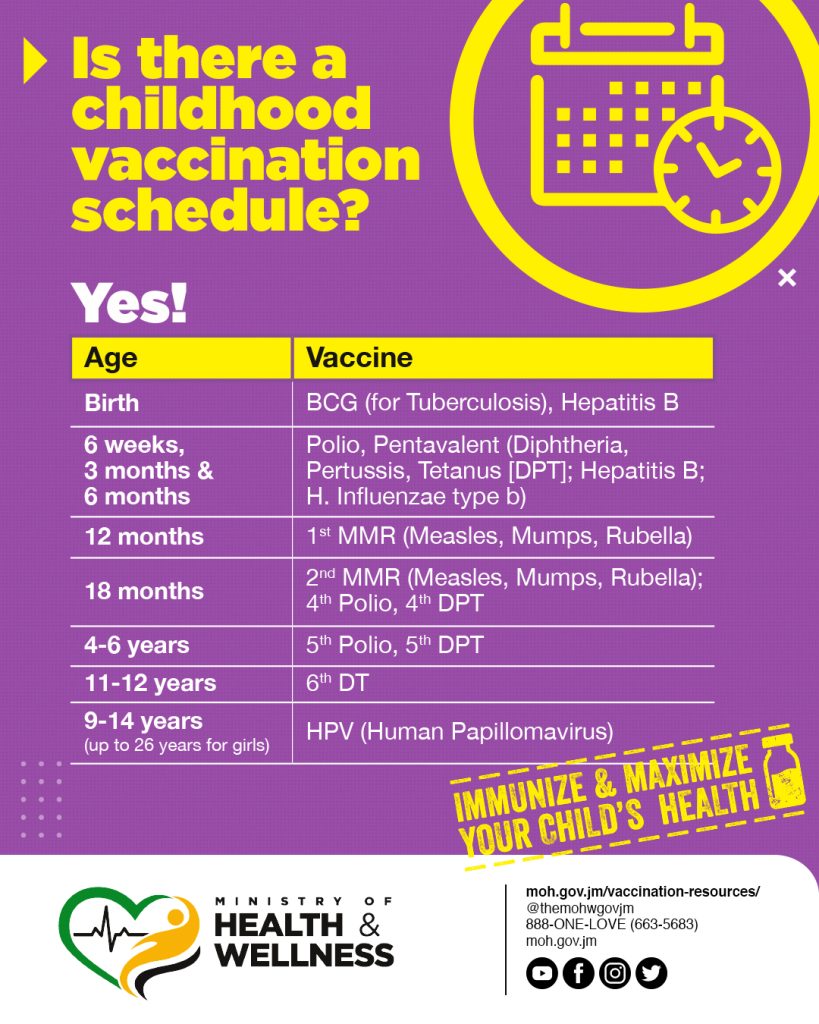
The law – Jamaica’s Immunization Regulations of 1986 (amended 2013) – requires that all children under age 7 years of age must be adequately vaccinated before registration for school, including day cares, nurseries and basic schools.
Getting your child vaccinated before they come in contact with certain diseases at school, on the playground, and elsewhere in the community or when they visit new places makes sense.
Vaccine-preventable diseases (VPDs) can spread very rapidly through the school community and have devastating effects on our population if most, if not all children, are not adequately immunized.
At least 95% of children (or 19 out of 20) must be adequately vaccinated to prevent or interrupt the rapid spread of VPDs if there are cases present in the population. The remaining 5% of children account for those who are not eligible to get vaccinated for medical reasons (e.g. immunocompromised, known severe vaccine reactions).
- Saves lives and prevents severe illness, disability and death caused by harmful germs
- Reduces health costs for your family by preventing childhood illnesses with doctor’s visits and hospitalization
- Reduces costs to Jamaica by preventing outbreaks that are expensive to control
- Reduces frequent illnesses and associated loss of days from school and work. For example, a child who contracts measles may have to stay home for up to three weeks, meaning time out of school and requiring a parent to miss work.
Ultimately, parents and caregivers must decide on whether or not to get their children vaccinated. Visit your health provider to determine if your child is adequately vaccinated based on Jamaica’s immunization schedule.
Importantly, school operators and health workers are responsible along with the parents and caregivers to ensure that every child’s immunization card or Child Health & Development Passport is up-to-date with the required vaccines.
